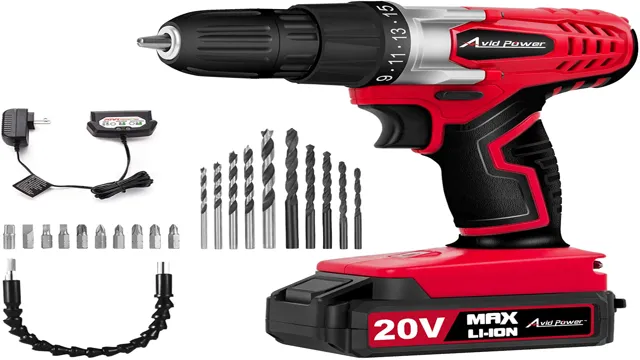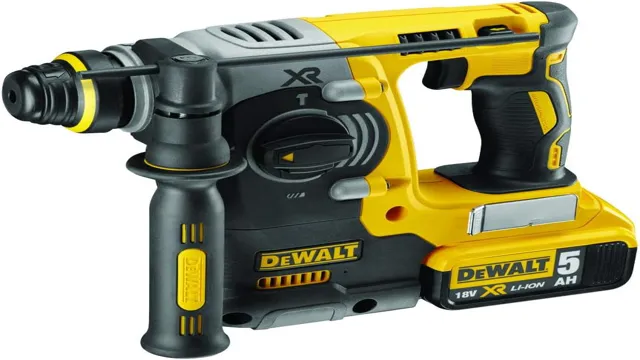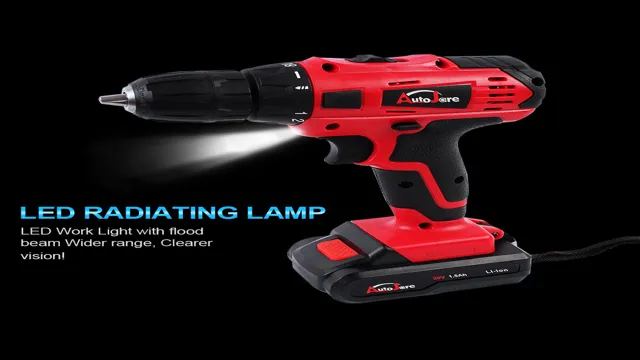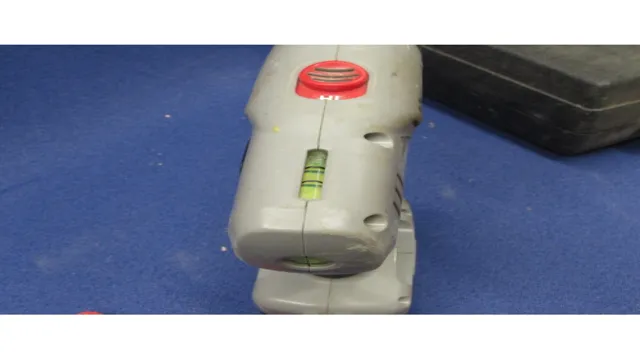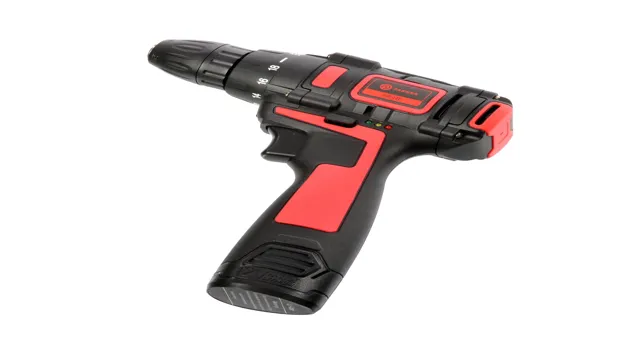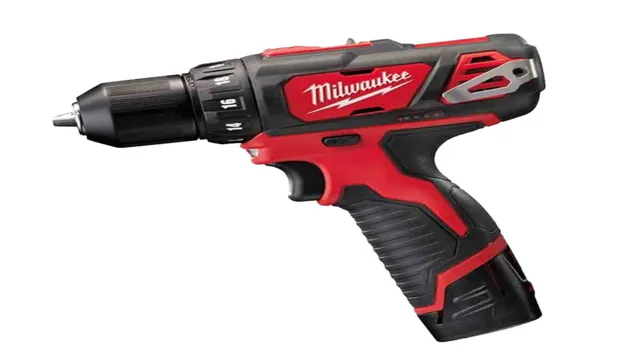Are Brushless Motors Better in Cordless Drills? Exploring the Advantages.
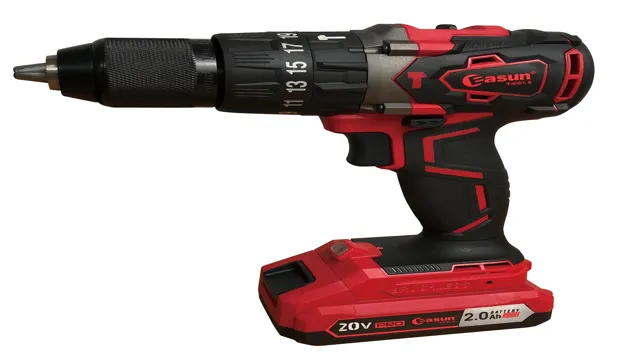
Whether you are a handyman or a DIY enthusiast, cordless drills are a staple tool in any tool kit. However, with so many options available in the market, it can be confusing to select the right one for your needs. One of the biggest decisions you’ll face when purchasing a cordless drill is choosing between a brushed or brushless motor.
But what are the differences between the two, and which one should you go for? In this blog post, we will dive into the world of cordless drills and explore the pros and cons of brushed and brushless motors. So grab a seat, sit back, and let’s drill down into this topic.
What are Brushless Motors?
Brushless motors are certainly better when it comes to cordless drills. Unlike traditional cordless drill motors that rely on brushes to transfer power, brushless motors use a more sophisticated system. Instead of brushes, brushless motors contain electronic controllers that adjust the voltage and current to create a more efficient and reliable power supply.
In terms of practical benefits, brushless motors have a longer lifespan, lower maintenance needs and produce less heat and friction, all of which make them superior to traditional motors. Additionally, brushless motors are lighter and more compact, which makes cordless drills that use them more portable and easier to handle. Overall, it’s hard to argue against the benefits of brushless motors when compared to their standard counterparts, especially when it comes to power tools like cordless drills.
How Do Brushless Motors Work?
Brushless Motors Brushless motors are used in various engineering and industrial applications. They work on the principle of converting electrical energy into mechanical energy, utilizing magnetic fields and coils. Brushless motors include a rotor and a stator, similar to traditional motors, but without the brushes used for commutation.
Instead, a circuit board manages the commutation to switch the current in the windings, producing a rotating magnetic field that makes the motor shaft rotate. This design offers several advantages over brushed motors, such as higher efficiency, less maintenance, and reduced noise. Brushless motors are widely used in drones, electric vehicles, computer fans, and power tools.
They are also suitable for precision control systems that require smooth operation and high torque at low speeds. With their superior efficiency and reliability, brushless motors are becoming an increasingly popular choice for modern-day engineering applications.
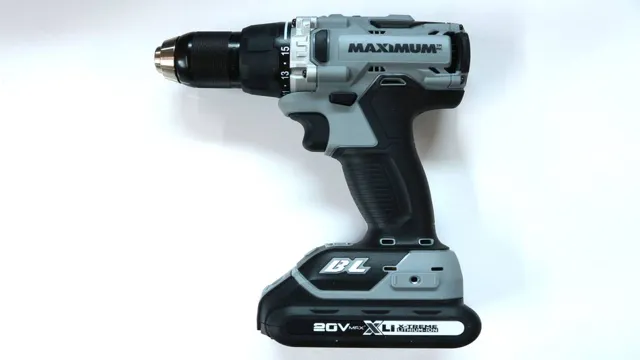
What Are the Advantages of Brushless Motors?
Brushless motors are a type of electric motor that has gained popularity in recent years due to their efficiency and durability. Unlike brushed motors, which utilize brushes to transfer electrical energy to the motor’s rotating shaft, brushless motors use electronic controllers to deliver power to the motor’s stationary windings, resulting in a smoother and more reliable operation. The advantages of brushless motors are numerous, including higher efficiency, longer lifespan, increased power output, and reduced maintenance requirements.
Moreover, brushless motors are more suitable for use in environments where precision and accuracy are critical, such as industrial manufacturing processes or robotics applications. Additionally, brushless motors are quieter and produce less vibration than brushed motors, making them ideal for use in applications where noise and vibration are major concerns. Overall, brushless motors are an excellent choice for those looking for a highly efficient, reliable, and low-maintenance motor solution.
Brushless vs. Brushed Motors
When it comes to cordless drills, brushless motors are definitely superior to their brushed counterparts. Brushless motors use electronic commutation instead of brushes to switch the direction of current flow, resulting in less friction and consequently, less wear and tear. This means that brushless motors can operate at higher efficiency levels and provide more power with less energy consumption.
They also require less maintenance since there are no replaceable parts that will wear out over time. While they may initially cost more than brushed motors, their increased durability and longevity make them a cost-effective choice in the long run. So, if you want a cordless drill that can handle even the toughest of jobs, it’s worth investing in one with a brushless motor.
How Do Brushed Motors Work?
Brushed motors and brushless motors both work on the same principle; they convert electrical energy into mechanical energy through rotating a shaft. However, the main difference between brushless and brushed motors is the method used to power the electromagnets. Brushed motors rely on physical brushes to conduct electricity from the power source to the rotating shaft, while brushless motors use a digital controller to power the magnets, eliminating the need for brushes.
Brushless motors have several advantages over brushed motors, including higher efficiency, lower noise levels, longer lifespan, and higher torque output. On the other hand, brushed motors are simpler to design and less expensive than their brushless counterparts, making them an excellent choice for applications that don’t require high-performance levels. Whether you choose a brushless or brushed motor depends on your specific application requirements and budget.
What Are the Advantages of Brushed Motors?
Brushed motors have several advantages over brushless motors, making them a popular choice for certain applications. One of the primary advantages is that they are more affordable and simpler to build. This is because they have fewer parts and do not require complex control systems.
Another advantage is their high starting torque, which makes them suitable for applications that require quick and precise movements, such as robotics. Additionally, brushed motors have a higher thermal efficiency, which means they run cooler and can operate for longer periods without overheating. However, brushed motors do have some drawbacks, such as limited lifespan and susceptibility to wear and tear.
You May Also Love:
Overall, the choice between brushed and brushless motors depends on the specific application and requirements.
Brushless vs. Brushed Motor Comparison
When it comes to electric motors, there are two main types: brushed and brushless. The primary difference between these two motors lies in how they generate power. Brushed motors use brushes to transfer electrical energy to the rotor, which drives the motor’s output shaft.
In contrast, brushless motors use electronic controllers to regulate power flow from the battery to the motor’s windings. As a result, brushless motors tend to be more efficient, produce less heat, and last longer than their brushed counterparts. This makes them an excellent choice for high-performance applications where durability and precision are essential.
For those looking for a more cost-effective option, however, brushed motors may be a better fit. Ultimately, the decision between brushless and brushed motors will largely depend on your specific needs and budget.
Are Brushless Motors Better in Cordless Drills?
If you’re in search of a cordless drill, you may have come across the term “brushless motor” and wondered if it’s worth the investment. The short answer is yes, brushless motors are better in cordless drills. These motors are more efficient, generate less heat, and have a longer lifespan compared to their brushed counterparts.
With a brushless motor, you’ll experience less wear and tear on the motor and more power from the battery. This means you’ll be able to tackle tougher jobs with ease and get more work done on a single charge. Additionally, brushless motors are quieter and produce less vibration, making them more comfortable to use over long periods.
While they may be a bit more expensive, the benefits of a brushless motor make it a worthwhile investment for both DIYers and professionals alike. So if you’re in the market for a cordless drill, opt for one with a brushless motor to take your productivity to the next level.
Performance Comparison
When it comes to cordless drills, the debate of brushed vs brushless motors is a hot topic. But are brushless motors really better than brushed motors? Let’s take a closer look. Brushed motors have been around for a long time and are commonly used in cordless drills.
They are generally cheaper and more efficient at lower speeds. However, they are also noisier, less efficient at higher speeds, and have a shorter lifespan than brushless motors. On the other hand, brushless motors are more expensive, but they offer more power, longer battery life, and a longer lifespan.
They are also quieter and more efficient at higher speeds. So, are brushless motors better in cordless drills? It really depends on what you’re looking for. If you’re on a budget and don’t need the extra power, a brushed motor may suffice.
But if you’re looking for more power, longer battery life, and a longer lifespan, then a brushless motor is the way to go. Ultimately, the decision between brushed and brushless motors comes down to your personal needs and preferences.
Efficiency Comparison
When it comes to cordless drills, efficiency is a top priority. Brushless motors have gained popularity over the years, and for good reason. They are known to be more efficient than their brushed counterparts.
Brushed motors work by using brushes to transfer electricity from the battery to the motor and create friction, which generates the desired movement. Brushless motors, on the other hand, use a more streamlined system with magnets and an electronic controller to eliminate friction and generate higher torque, making them more efficient. In addition, brushless motors produce less heat, which means they can handle longer work sessions without overheating and causing damage.
So, are brushless motors better in cordless drills? Yes, they are. They are more efficient, produce less heat, and can deliver a longer battery life, making them a great investment for anyone looking for a reliable and durable cordless drill.
Conclusion
After weighing the pros and cons, it’s safe to say that brushless motors are definitely better in cordless drills. They may come with a higher price tag, but the efficiency, long-lasting durability, and increased power make it worth the investment. It’s like upgrading from a flip phone to a smartphone- once you experience the benefits, there’s no going back.
So, if you want to up your DIY game and impress your friends with your newfound power tool knowledge, go brushless!”
FAQs
What are brushless motors in cordless drills?
Brushless motors are a type of motor that doesn’t have brushes, making them more efficient and durable than traditional motors.
What are the benefits of brushless motors in cordless drills?
Brushless motors have several benefits, including longer battery life, increased power, and longer tool lifespan.
Are brushless motors more expensive than traditional motors in cordless drills?
Yes, brushless motors are typically more expensive, but their efficiency and durability make them a worthwhile investment in the long run.
Can brushless motors be repaired in cordless drills?
It is possible to repair brushless motors, but it can be more challenging and expensive than repairing traditional motors.
Do all cordless drills come with brushless motors?
No, not all cordless drills come with brushless motors. It is usually a feature found in higher-end models.
How do brushless motors affect the weight of cordless drills?
Brushless motors are typically lighter than traditional motors, which can make the overall weight of the cordless drill lighter as well.
Are brushless motors quieter than traditional motors in cordless drills?
Yes, brushless motors tend to be quieter than traditional motors, making them a great choice for indoor or noise-sensitive projects.

